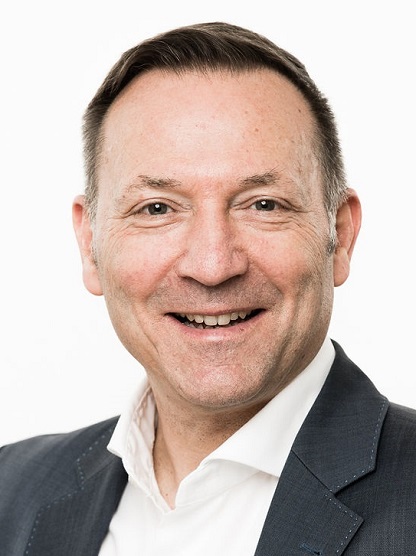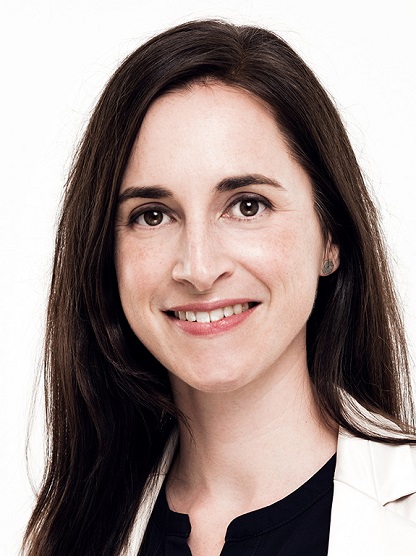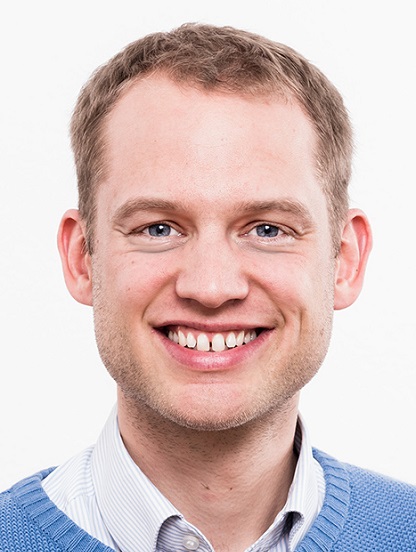ImpactNexus: Sustainability as a success factor
The Borderstep Institute for Innovation and Sustainability celebrates its 15th year of foundation with its first spin-off. Background
How can we leverage technology to assess the sustainability impact potential of new ventures? This is the guiding question that lead to the birth of ImpactNexus.
A spin-off of the Borderstep Institute and the Technische Universität Berlin and officially launched in 2021, ImpactNexus offers scalable SaaS solutions to assess, manage and report the impact & ESG performance of startups and their supporters. This helps startups and portfolio managers like investors, accelerators, incubators and startup support programs to:
☑️ avoid ESG risks,
☑️ maximize positive impacts and
☑️ build impact startups that are good for profits, people and planet.
The team behind ImpactNexus combines many years of academic research, practical industry and startup experience as well as latest tech expertise in software development and AI.
ImpactNexus’ assessment and measurement approaches build on latest academic research and international best practices like the Impact Management Project, @IRIS+ (by The Global Impact Investing Network) or the DIN SPEC 90051-1, a German ISO specification for the sustainability impact assessment of start-ups, co-developed by ImpactNexus.
For more information and contact, visit the ImpactNexus website.
Background
This year, the Borderstep Institute for Innovation and Sustainability turns 15. What are the economic opportunities in climate change? What factors determine the success and failure of sustainable innovations? How does the housing industry benefit from smart technologies? The independent and non-profit research institution seeks answers to questions like these.
Goal-oriented transformation policy
Thinking ahead about the future and providing profound sustainability knowledge for politics, business and society is an integral part of Borderstep’s mission. Thus, even when it was founded, the institute’s practice-oriented research projects focused on topics such as “digitalisation and sustainability”. Something that hardly featured in the public debate 15 years ago. What role do data centres play in energy consumption? How can digitalisation serve to achieve climate goals? What does the sustainable innovation landscape in Germany look like? Borderstep supports a sustainability-oriented transformation policy by continuously collecting data around the topics of energy, ICT, innovation and start-ups. The institute sees itself as a scientific pioneer of change.
Prof. Dr. Klaus Fichter, founder and director of the Borderstep Institute:
“Our focus is on the search for concepts that combine economic success with ecological and social sustainability, for example with climate protection or with the protection of natural resources. Borderstep provides knowledge bases and methods with which, for example, founders and investors can make sustainability an economic success factor.“
Increasing need to understand the sustainability contributions of start-ups
Prof. Dr. Klaus Fichter continues to act as an advisor to the EXIST-funded spin-off, which is currently going through the incubation process at the Centre for Entrepreneurship at the TU Berlin. Klaus Fichter notes an increasing need to reliably measure and assess the sustainability contributions of start-ups, the so-called “impacts”. However, assessing the sustainability contribution of start-ups is a challenging task, due to their limited historical track record, volatile business models and limited resources. The Borderstep spin-off addresses these challenges with digital solutions, in line with the institute’s long-standing focus on digitalisation and sustainability.
Digital solutions for assessing start-ups
Dr. Jannic Horne, Research Fellow of the Borderstep Institute, heads the start-up as CEO and brings his research expertise in impact measurement for start-ups to the company. The former management consultant sees many advantages in the close integration of ImpactNexus with the world of science.
Dr. Jannic Horne, CEO ImpactNexus:
“Science provides us with numerous insights into the social and ecological opportunities and risks of economic activity. Unfortunately, it is often not possible to make these findings usable for companies. Digital solutions offer a unique opportunity to make these insights more accessible to start-ups, investors and their partners.”
ImpactNexus offers scalable solutions for assessing, managing and reporting the social and environmental potential and risks of start-ups. This helps start-ups, investors, accelerators, incubators and funding programmes to avoid sustainability risks and maximise positive impacts for people and the environment.
The assessment and measurement approaches are based on the latest academic research and international best practices such as the Impact Management Project, IRIS+ or DIN SPEC 90051-1, a German ISO specification co-developed by Borderstep and the ImpactNexus team.
Customised support increases sustainability impact of start-ups
How can technologies be used to assess the sustainability potential of new companies? This shared interest brought the founding team together. Under the umbrella of the Borderstep Institute, the working group laid the bases for ImpactNexus. With an intensive customer discovery phase, the development of the first digital prototypes and the acquisition of funding.
By being accepted into the EXIST funding programme of the Federal Ministry for Economic Affairs and Energy (BMWi), ImpactNexus was able to launch as an independent company at the beginning of 2021. In constant exchange with customers, a first applicable product, a Minimal Viable Product, was created for the evaluation and assessment of the impact of start-ups. In the meantime, the product range has been expanded.
ImpactNexus also develops solutions to support investors in complying with the EU Sustainable Finance Disclosure Regulation. This has resulted in a process for assessing the ESG (Environmental, Social & Governance) performance of start-ups.
In addition, the team is working on AI-supported processes to make the topic of sustainability even more accessible in the future. For example, a knowledge database on the social and ecological impact of companies is currently being set up, from which benchmarks on CO2, supply chain risks and similar topics can be read out automatically.
Borderstep strengthens ImpactNexus team
To ensure that the spin-off’s growing staffing needs can be met soon, Borderstep is also supporting ImpactNexus in terms of personnel. Constanze Trautwein, a researcher at the Borderstep Institute until August 2021, now heads product development at ImpactNexus. In addition to her industry and start-up experience, she led the development of Europe’s first DIN SPEC for sustainability assessment of young companies.
Alexander Schabel, Senior Project Manager at Borderstep, will also join ImpactNexus operationally at the end of the year. He will take care of sales and marketing. The founder of his own start-up also has years of expertise in the start-up ecosystem (including the StartGreen platform and the organisation of the StartGreen Award of the Borderstep Institute) as well as practical experience as a start-up evaluator.



